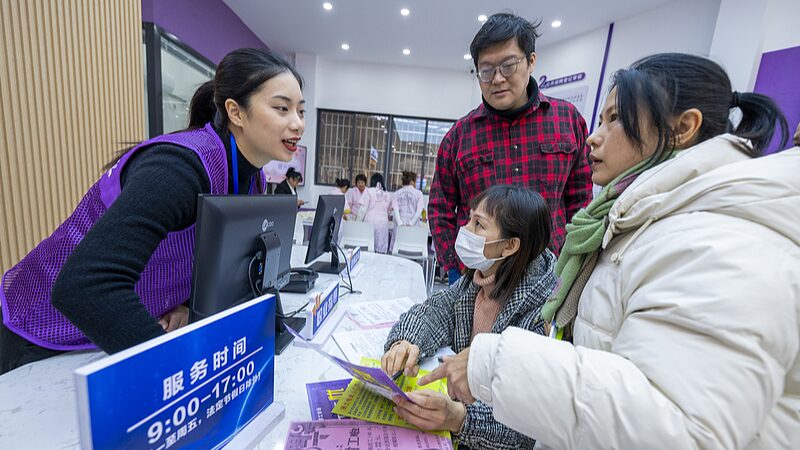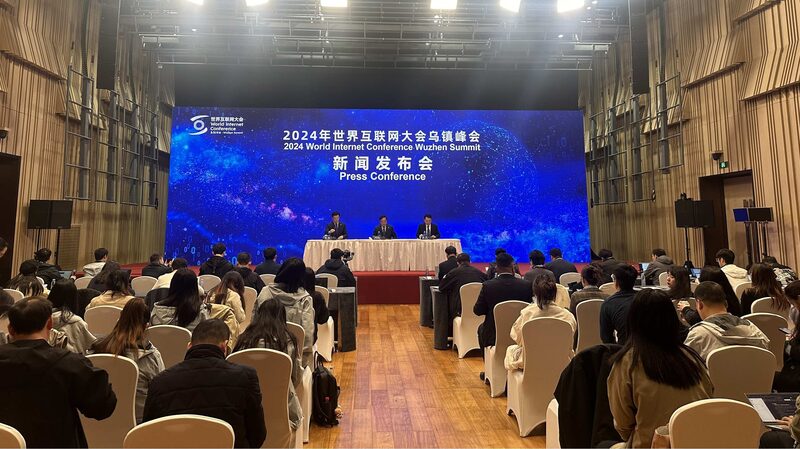With 196 million underage internet users – equivalent to Brazil’s entire population – China is intensifying efforts to build what officials call a 'law-based digital future' for its youth. The drive follows the Communist Party of China’s 20th National Congress resolution prioritizing rule of law in cyberspace, blending legislation, enforcement, and community action into a multi-layered protection strategy.
New 2024 initiatives reveal upgraded legislative frameworks requiring tech platforms to implement age verification systems</strong> and algorithmic controls to limit excessive screen time. Social media companies must now deploy AI-powered content moderation tools that automatically filter harmful material from minors’ feeds.
A nationwide ’Digital Literacy for All’ campaign</strong> launched in schools this March teaches critical thinking about online content while promoting cybersecurity basics. Meanwhile, law enforcement agencies have established a dedicated reporting platform for parents to flag inappropriate interactions, with 93% of cases reportedly resolved within 24 hours during trial runs.
Analysts note cross-sector collaboration remains key. ‘This isn’t just government action – tech firms, educators, and guardians all share responsibility,’ commented Dr. Lin Wei, a Beijing-based child development researcher. ‘The scale demands systematic innovation.’</p>
As China’s digital economy grows, these measures aim to balance youth protection with technological access – a challenge drawing global attention as other Asian nations observe outcomes.
Reference(s):
cgtn.com







